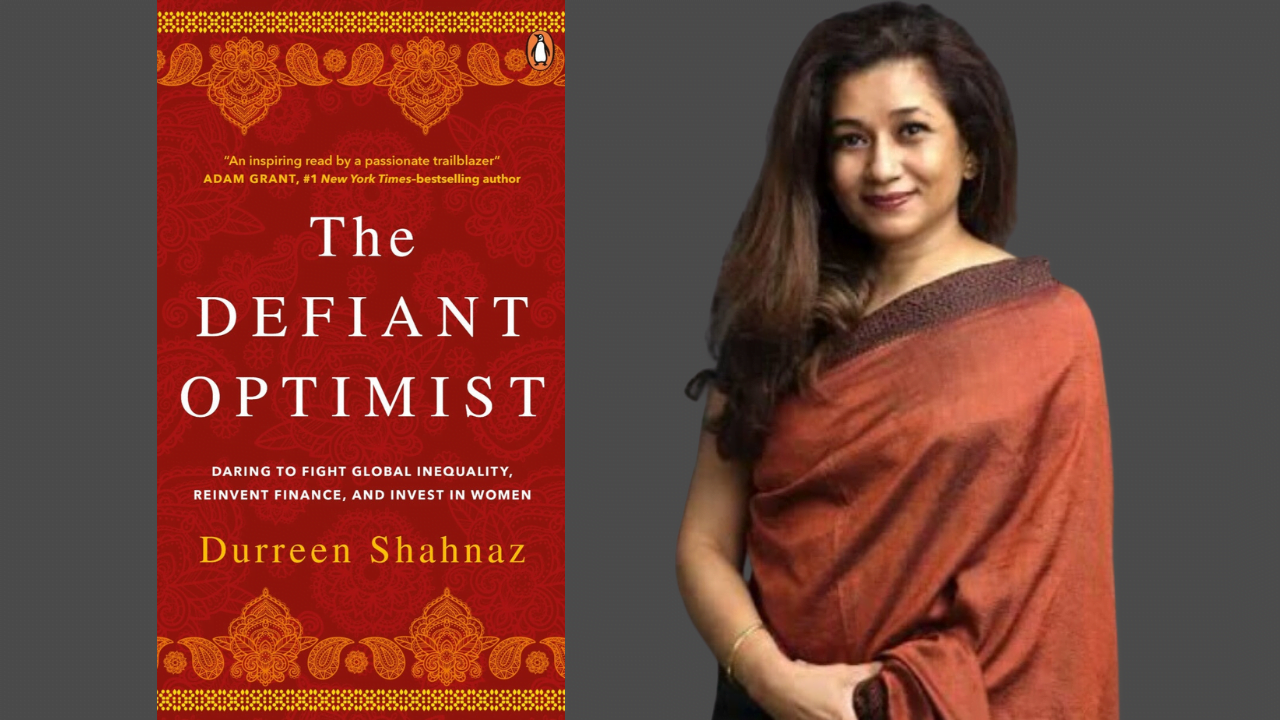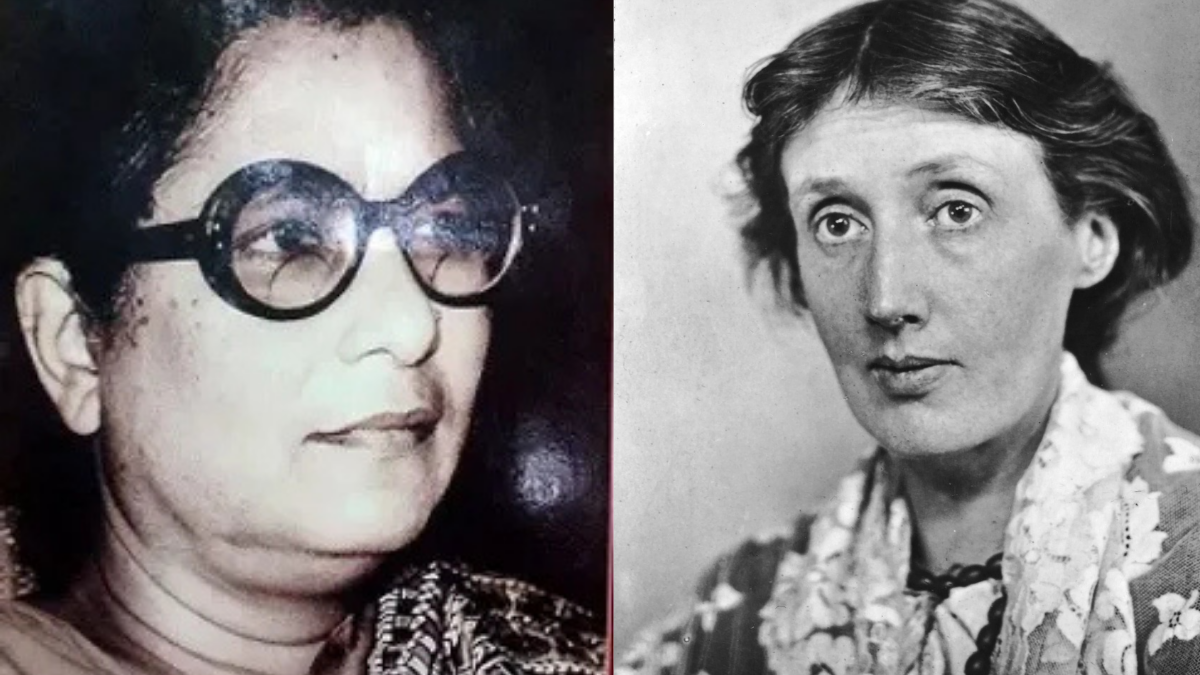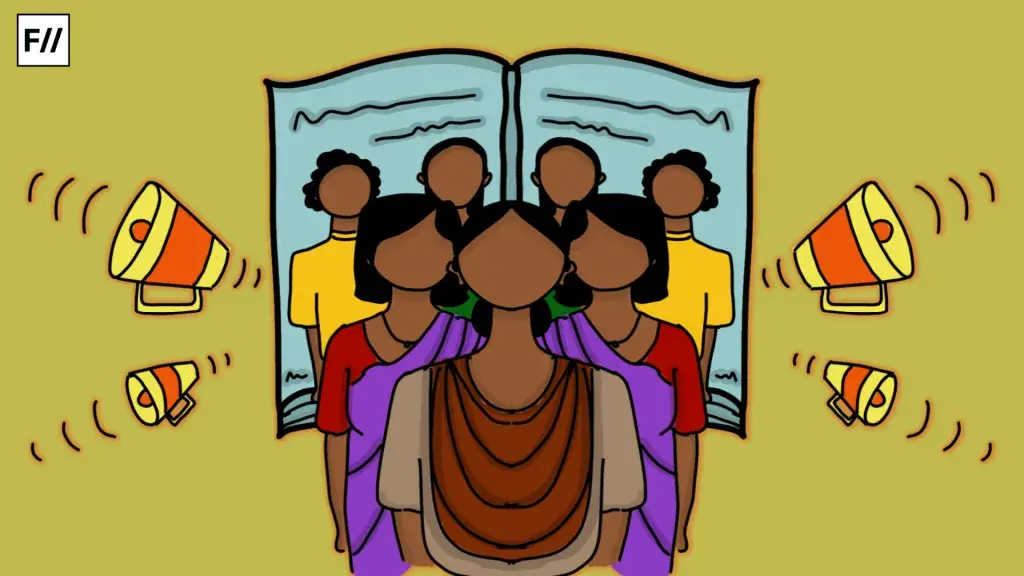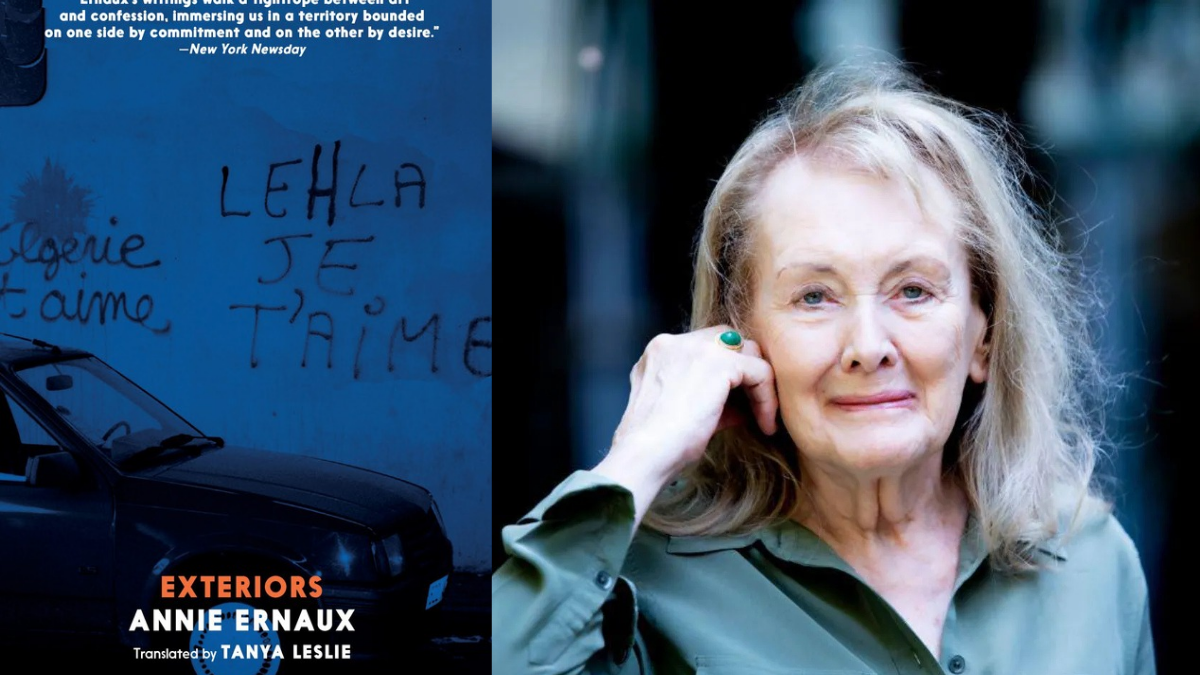The idiom “where there’s a will, there’s a way” hasn’t ever struck me more than as a cliche. Especially after learning about structural inequality and systemic injustice as a postgraduate student at a premier research university in Delhi, I felt convinced the idiom didn’t speak to the lived experiences of many. But Durreen Shahnaz’s The Defiant Optimist offers hope to believe otherwise. In the face of impossible challenges, chronic inequality, and gatekeepers, it’s easy to get discouraged and give up. But in her gripping book, part memoir and part feminist manifesto, Shahnaz drives home that it takes a different kind of courage to stay put and chase your dreams. To snatch what’s truly yours.
Divided into five parts, The Defiant Optimist begins with Shahnaz’s childhood days in war-torn Bangladesh, where she grows up as a rebel and refuses to accept her lot as a girl in a traditional middle-class Bengali Muslim family. The section centres on her interactions with elders and their responses to the socio-political events, which shape her defiant and unbreakable entrepreneurial spirit.
Divided into five parts, The Defiant Optimist begins with Shahnaz’s childhood days in war-torn Bangladesh, where she grows up as a rebel and refuses to accept her lot as a girl in a traditional middle-class Bengali Muslim family.
The section centres on her interactions with elders and their responses to the socio-political events, which shape her defiant and unbreakable entrepreneurial spirit. We follow her grasping new ideas and struggling to accept what they claim as right. She questions everything and fails to reconcile with others’ ideas of a woman’s role in society.

When a junior clergyperson from the local mosque uses Quran to teach Shahnaz and her sisters about a woman’s and wife’s duties, she retorts back by asking him to “show me where the Quran says that I need to listen to a man.” She struggles with her grandmother’s ritual of giving alms to the needy because it “did not really change the lives of the poor.” And gets her first dose of the reality of being a woman entrepreneur in a man’s world when her mother gives away her “full-fledged business with several revenue streams” – a stamp collection she used to earn money for ice cream at school – to her male cousins because “girls aren’t supposed to collect stamps.”
Shahnaz’s untameable spirit rises to the challenge every time she hits a roadblock in life. She moves to America to pursue her education against her parents’ wishes. And despite facing blatant racism and sexism, she remains on Wall Street in the search for tools to dismantle a financial system that benefits only the 1%.
Shahnaz’s untameable spirit rises to the challenge every time she hits a roadblock in life. She moves to America to pursue her education against her parents’ wishes. And despite facing blatant racism and sexism, she remains on Wall Street in the search for tools to dismantle a financial system that benefits only the 1%.
Her drive to build an inclusive financial system that serves women and underserved communities takes her on a decades-long journey, which involves career switching at times to arrive at the final destination. She switches course but doesn’t ever lose sight of her dream.
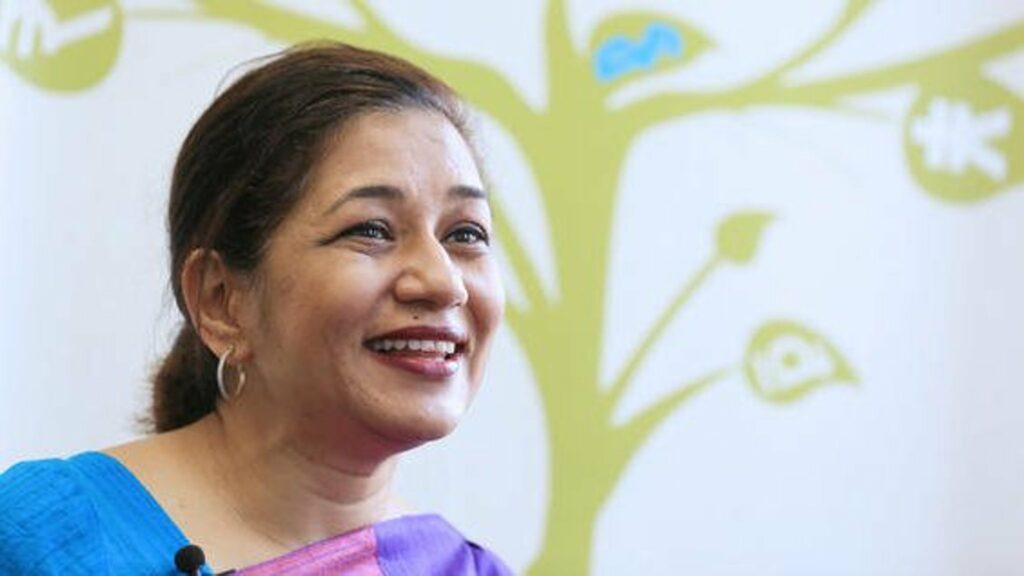
The unwavering passion to make “finance do good” leads Shahnaz from working with women at the Grameen Bank in rural parts of Bangladesh to setting up her company oneNest that she nurses alongside her two daughters. She brings together the haves and the have-nots on a global platform to impact positive change. But the investors’ demand to size profit over the impact and the aftermath of 9/11 forced her to step down as CEO and move to Singapore.
Teaching social innovation at the Lee Kuan Yew School of Public Policy, she finds the answer to her calling in building a brand new finance ecosystem and connecting social enterprises with investors to help women and their families uplift from poverty.
Shahnaz is the first Bangladeshi woman to work on Wall Street and to attend the Wharton School of Business. She’s a trailblazer who pioneered impact investing and helped social enterprises raise money to funnel into women-owned and community-serving small businesses. But behind that success lies a life full of defiant optimism, resilience, courage, and hardships.
Shahnaz is the first Bangladeshi woman to work on Wall Street and to attend the Wharton School of Business. She’s a trailblazer who pioneered impact investing and helped social enterprises raise money to funnel into women-owned and community-serving small businesses. But behind that success lies a life full of defiant optimism, resilience, courage, and hardships. The book details many moments when Shahnaz battles unthinkable odds to bring alive her vision of an equitable financial system. Be it when she runs for her life while pregnant to survive 9/11. Or working nonstop, often in unbearable physical pain, while trying to conceive, and taking care of a child.
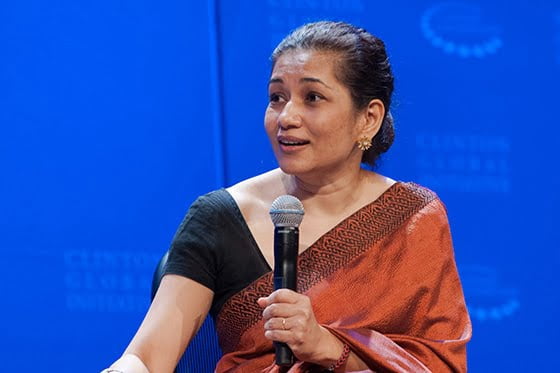
But as she puts it in The Defiant Optimist– “in situations like this, you’ve got two options: accept the position people put you in or let your defiance kick in. The first option is tempting when you’re exhausted. But defiant optimism means sticking to your belief … It means banging on door after door and to keep going.”
Reading The Defiant Optimist, it’s easy to get lost in Shahnaz’s evocative narrative and miss its bigger message. The book certainly reads like a woman’s triumph over unimaginable hardships in her personal and professional life. But her testimony is actually a stand-in for every woman who dared to dream big and didn’t rest until she achieved what set out to.
Reading The Defiant Optimist, it’s easy to get lost in Shahnaz’s evocative narrative and miss its bigger message. The book certainly reads like a woman’s triumph over unimaginable hardships in her personal and professional life. But her testimony is actually a stand-in for every woman who dared to dream big and didn’t rest until she achieved what set out to.
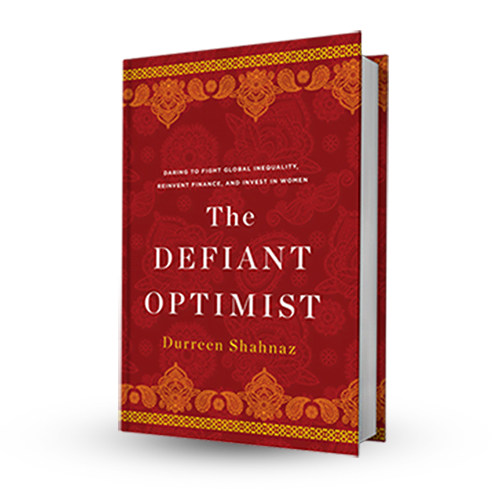
It is the story of every Bangladeshi woman she taught to sign her name to receive a loan from Grameen to grow her business. It is the story of every woman entrepreneur Shahnaz brought (and continues) to the global financial markets. And last, her story is the story of every defiant optimist who is out on a mission to make systems work for the 99 percent, and the environment, and to snatch what’s truly hers.
About the author(s)
Kirti writes on gender for FII. She's available at reachkirtigoyal@gmail.com
